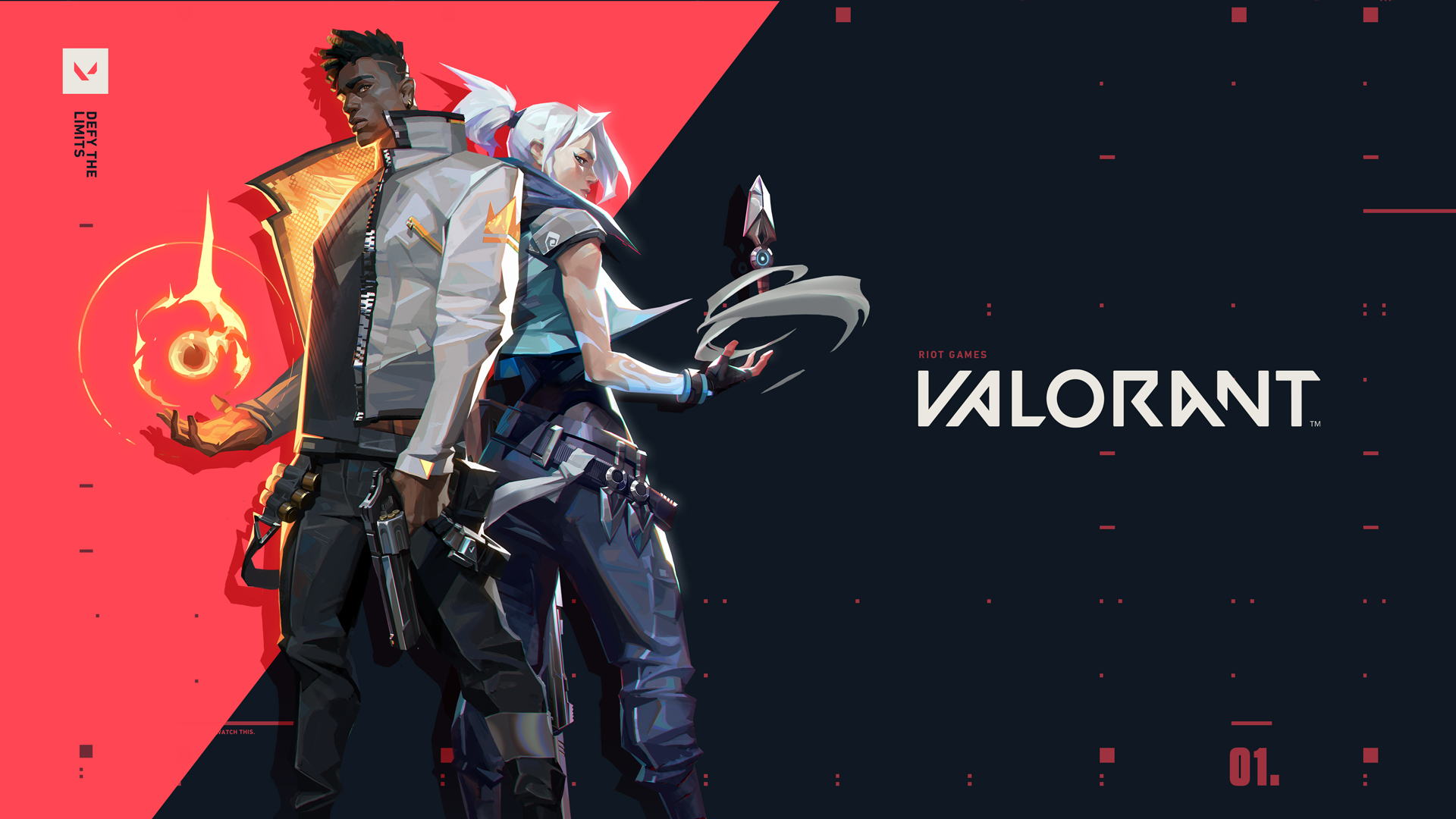
I go down early. Even on defense, our opponents are quick to rush, and two of them have come sprinting down one side of the map, catching us off-guard as we prepare a slower assault on the other. I'm picked off quickly, and the bomb – or in Valorant's world, the Spike – goes down with me. Thankfully, one of my teammates is playing support character Sage, and uses her ultimate ability to resurrect me. I'm back in the fight, and immediately direct my character Sova's signature ability into the wall in front of me, giving my team a momentary wallhack. It's enough to help turn the tide, as we pick up two quick kills, before rotating onto site to plant the spike and claim the round.
Once a fight breaks out, Valorant is blisteringly fast, with a miniscule time-to-kill. It's deadlier than CS:GO, but all that lethality is justified by the amount of information at players' fingertips. So much of each round is about your knowledge of the map, of the characters around you, about gathering intelligence and using it to draw up a plan, that a gunfight can be won – or lost – well before you get to fire your first shot.
A game of skill
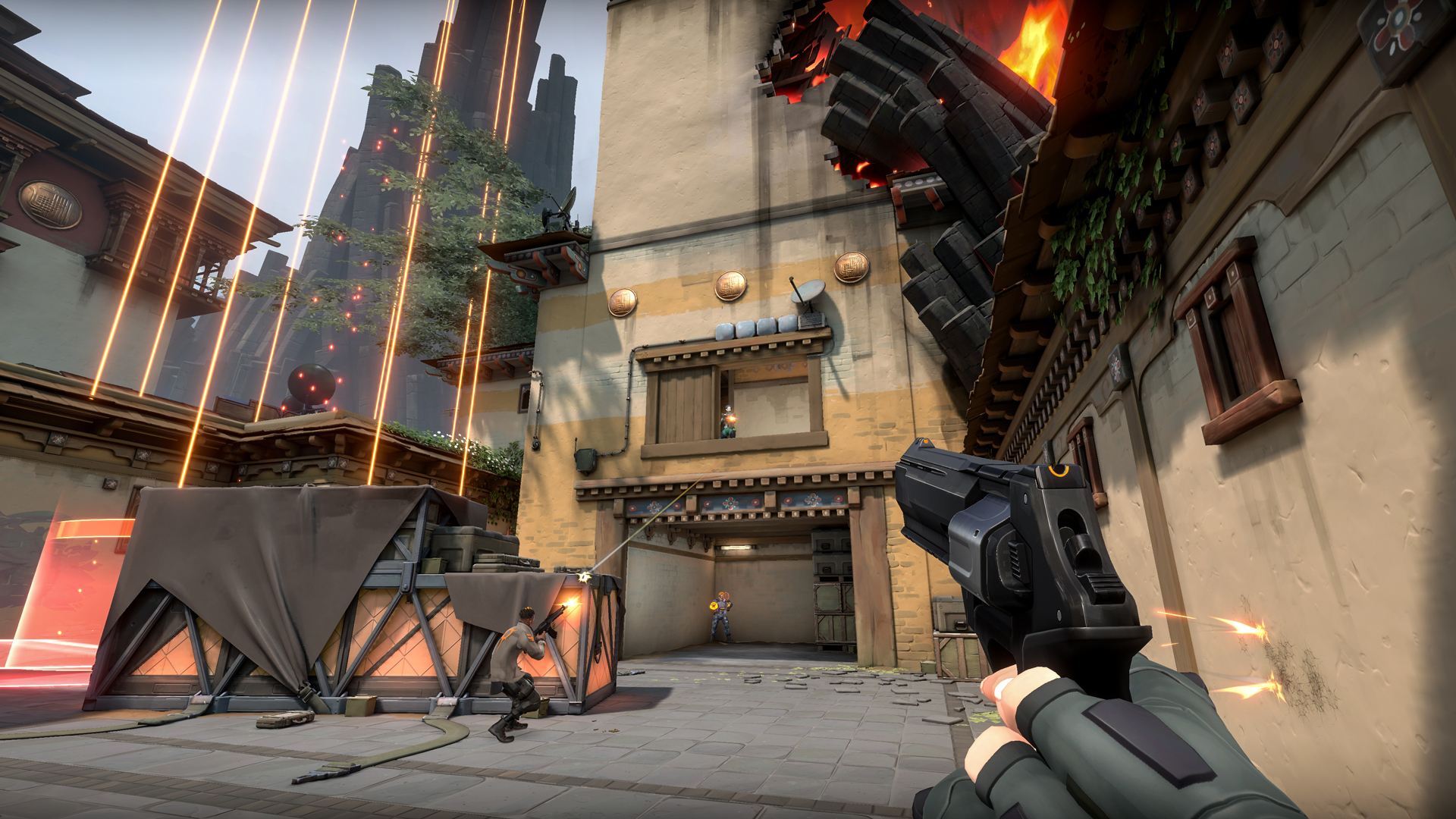
Counter-Strike, with its bomb sites and round-based economy, is clearly the main inspiration, but thanks to its characters, Valorant does veer a little into Overwatch's territory. As you aim to either plant or defuse the Spike, your guns are the main event – enabling all characters to carry a round, regardless of their role – although the array of abilities made available to each can certainly help turn the tide. Controllers shape the battlefield to make it easier for their allies to understand, using their abilities to block vision or make chokepoints even deadlier for enemies; Sentinels are defensive, erecting barriers or making areas difficult to cross to limit movement and protect bomb sites; Initiators focus on gathering intelligence and disrupting fights with cameras and drones, while Duelists are frontline units who excel in straight-up gunfights. These four key archetypes seem likely to establish a stringent meta relatively quickly – despite the importance of the gunplay, the utility offered by the less directly offensive characters is likely to make them mainstays of the competitive scene Riot is clearly hoping will blossom after launch.
The need to excel in both the thick of the fight and in the calm before the storm makes Valorant a game that's just as much about tactics and preparation as it is one that's reliant on your ability to score a headshot, especially as your abilities often cause you to put aside your weaponry for a crucial few seconds at a time. Knowing where your enemies are likely to be can help set up a round-winning play, whether that's by blocking vision with smoke grenades to help attack a site, or by building a wall to prevent enemies gaining access to the site in the first place. There's still a lot to learn, like callouts, boosts, and the intricacies of the in-game economy, but it's already scratching the tactical itch that I've had since the early days of CS:GO. My concern, however, is that for a character-driven game, Valorant is lacking a little personality, both in terms of gunplay and the agents themselves.
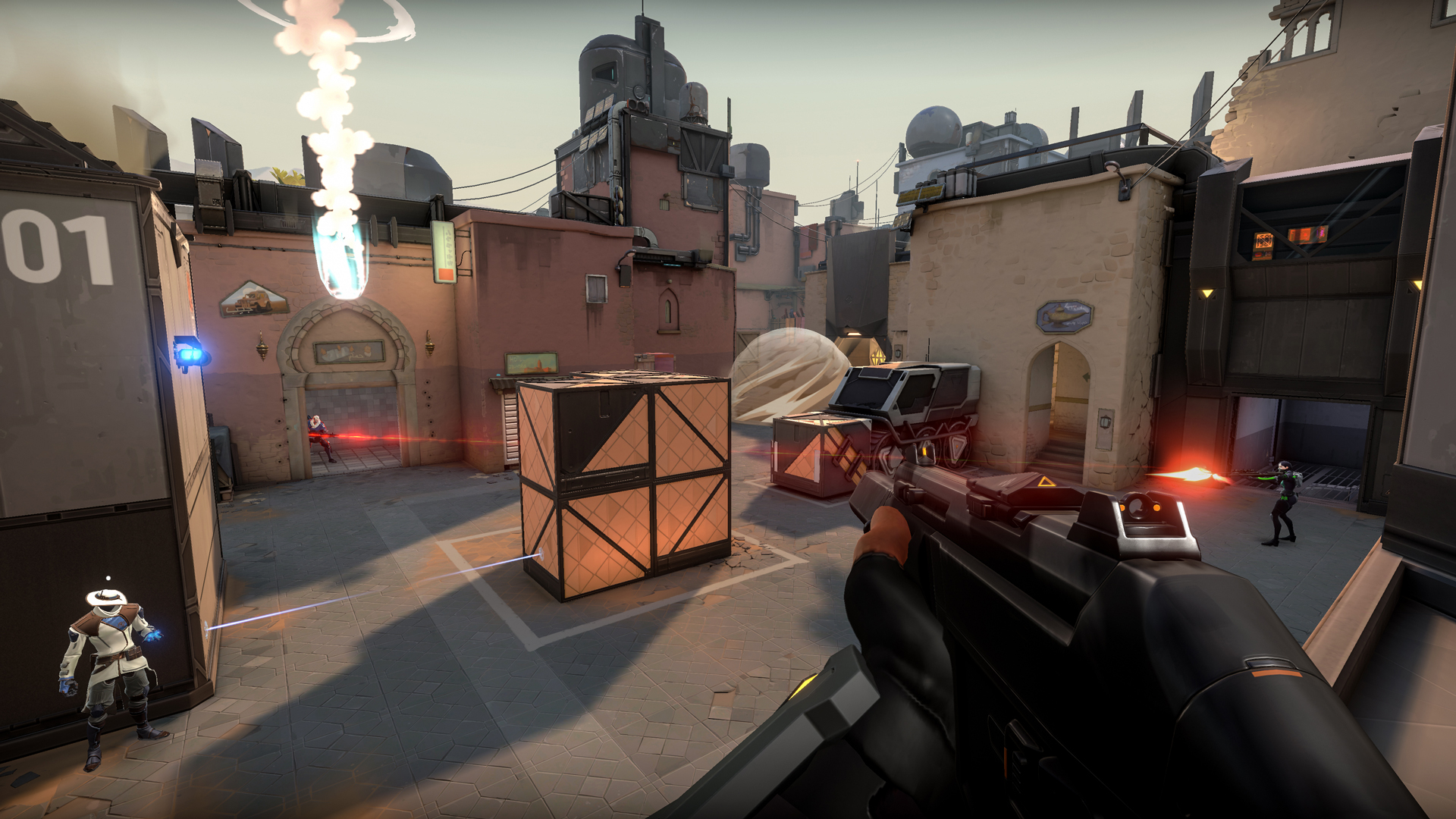
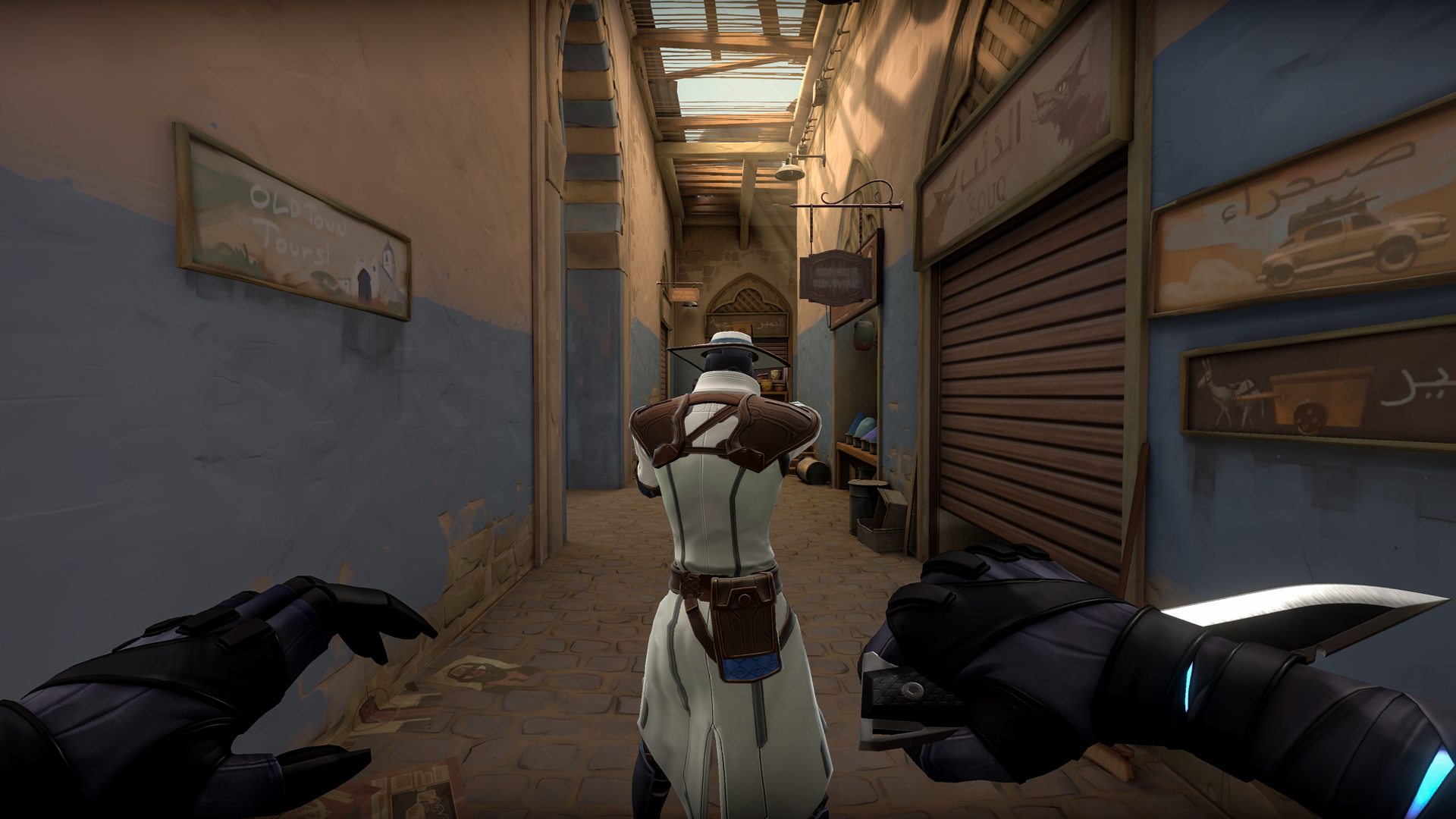
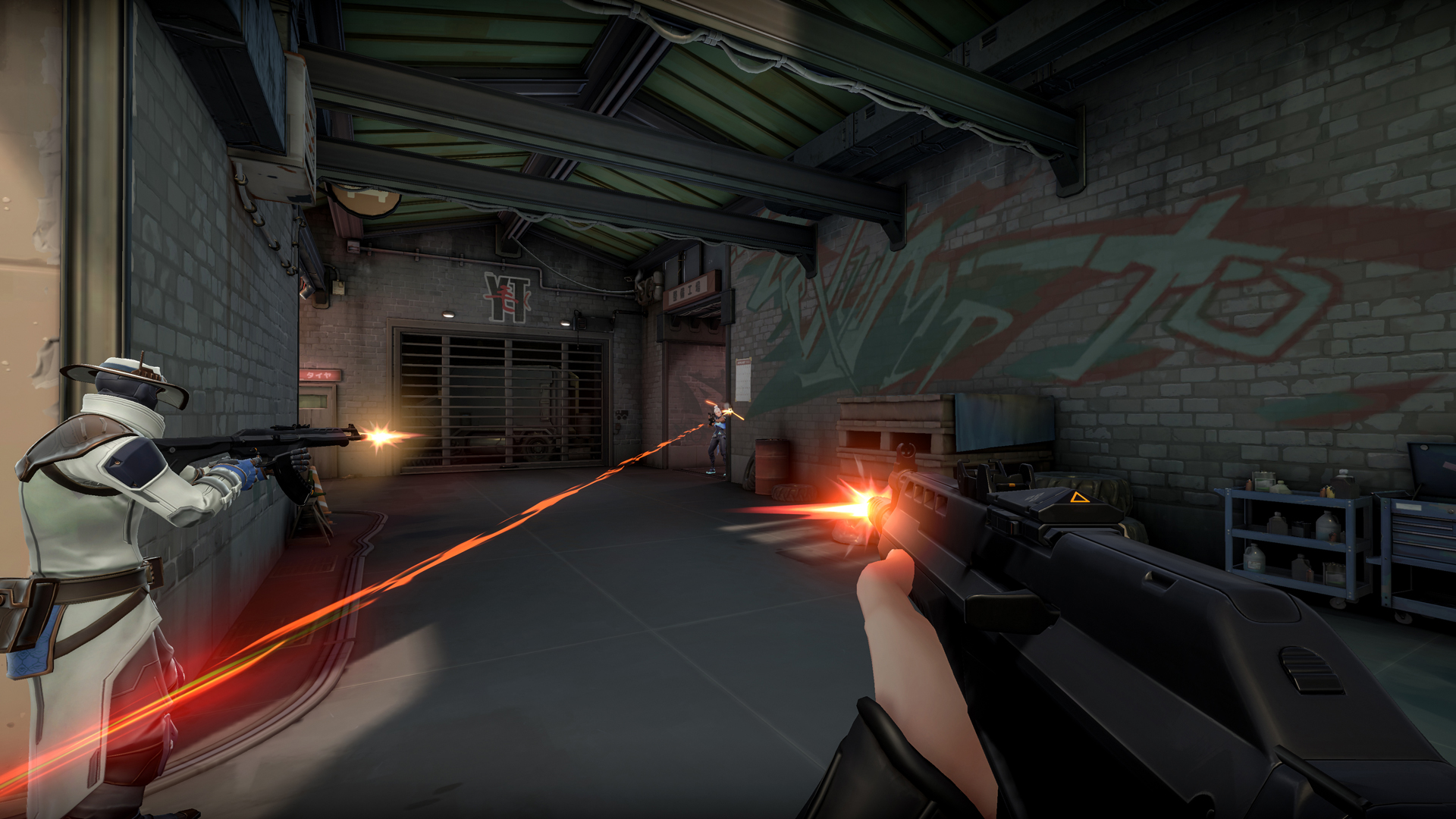
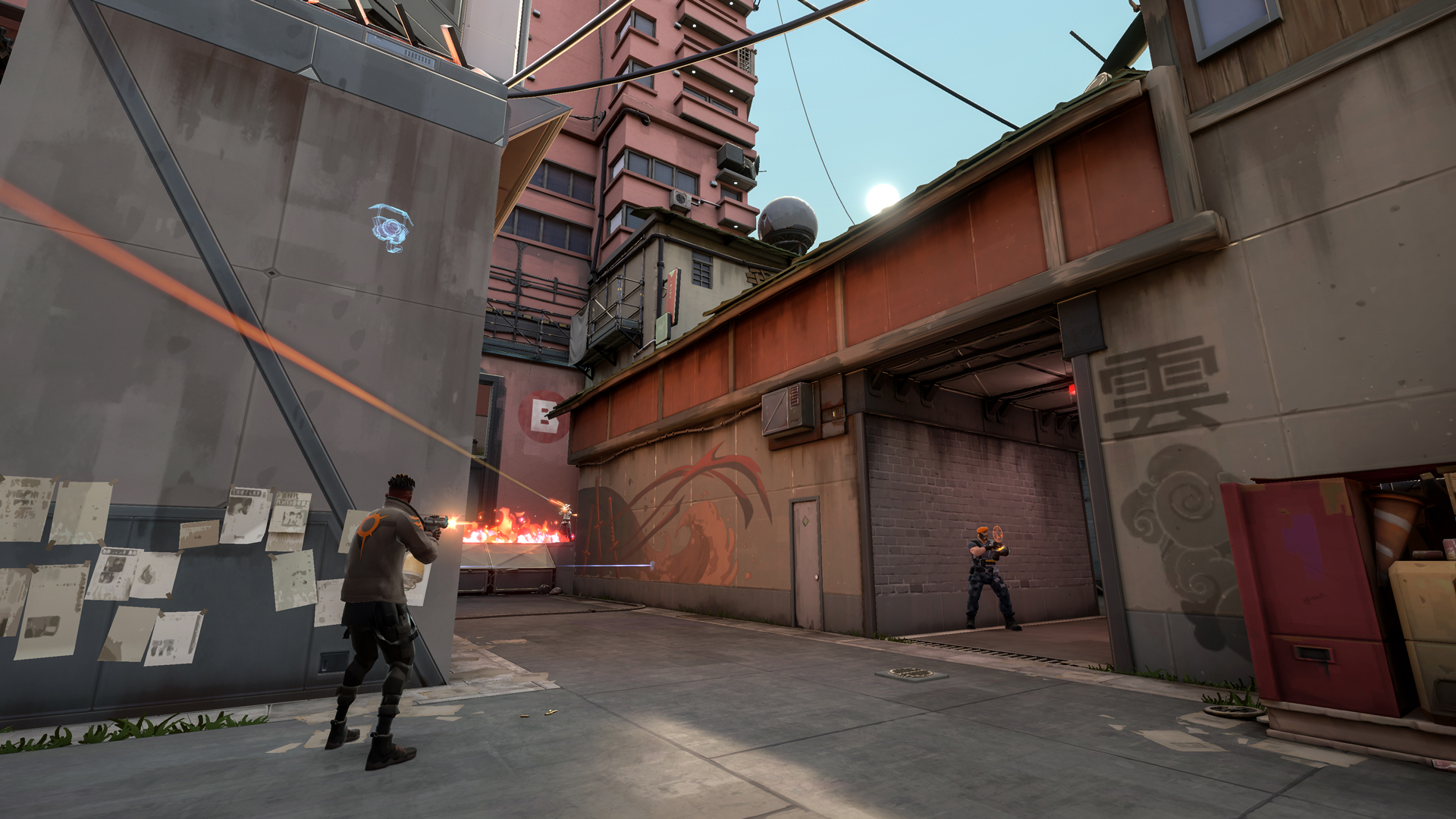
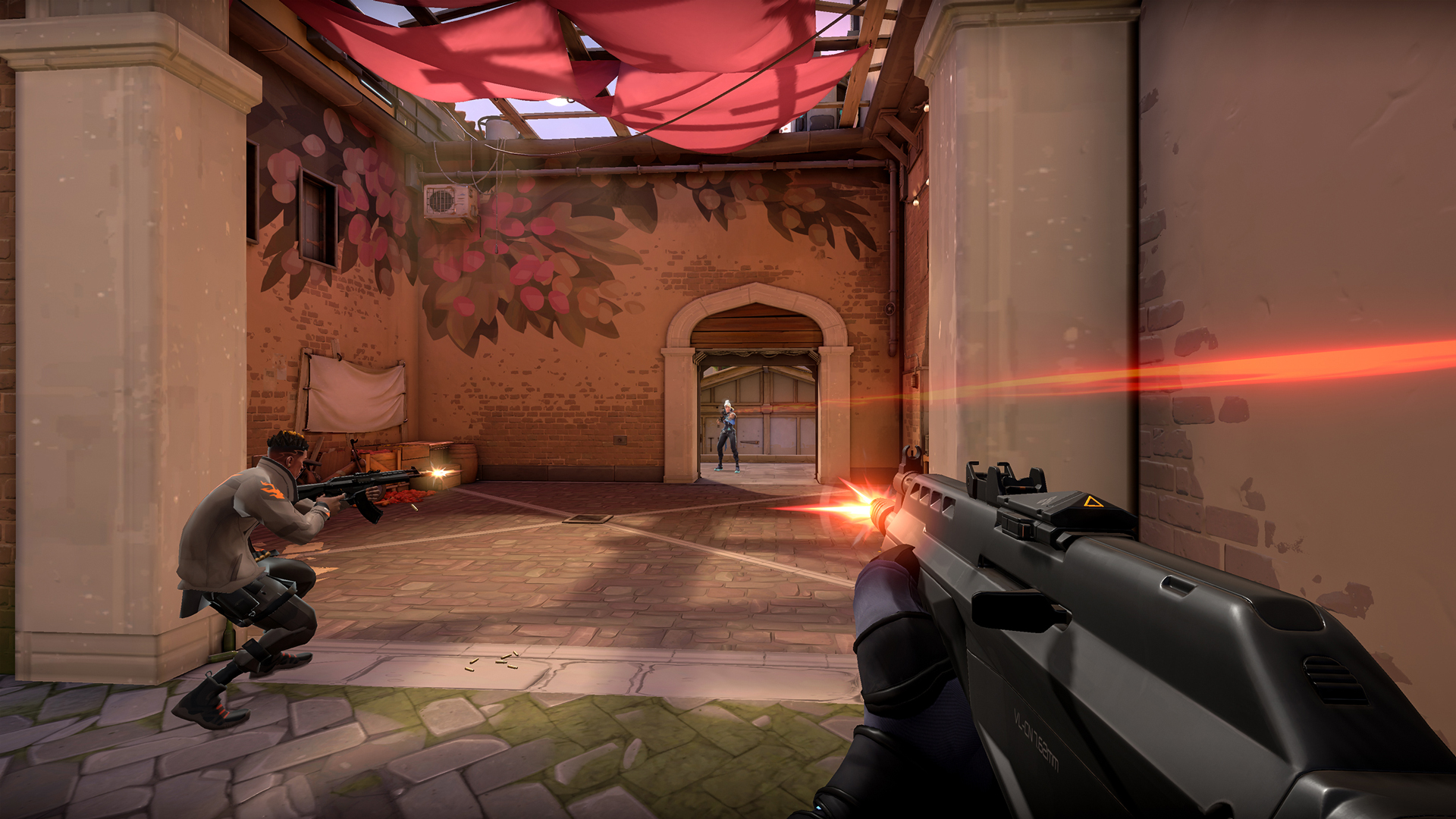
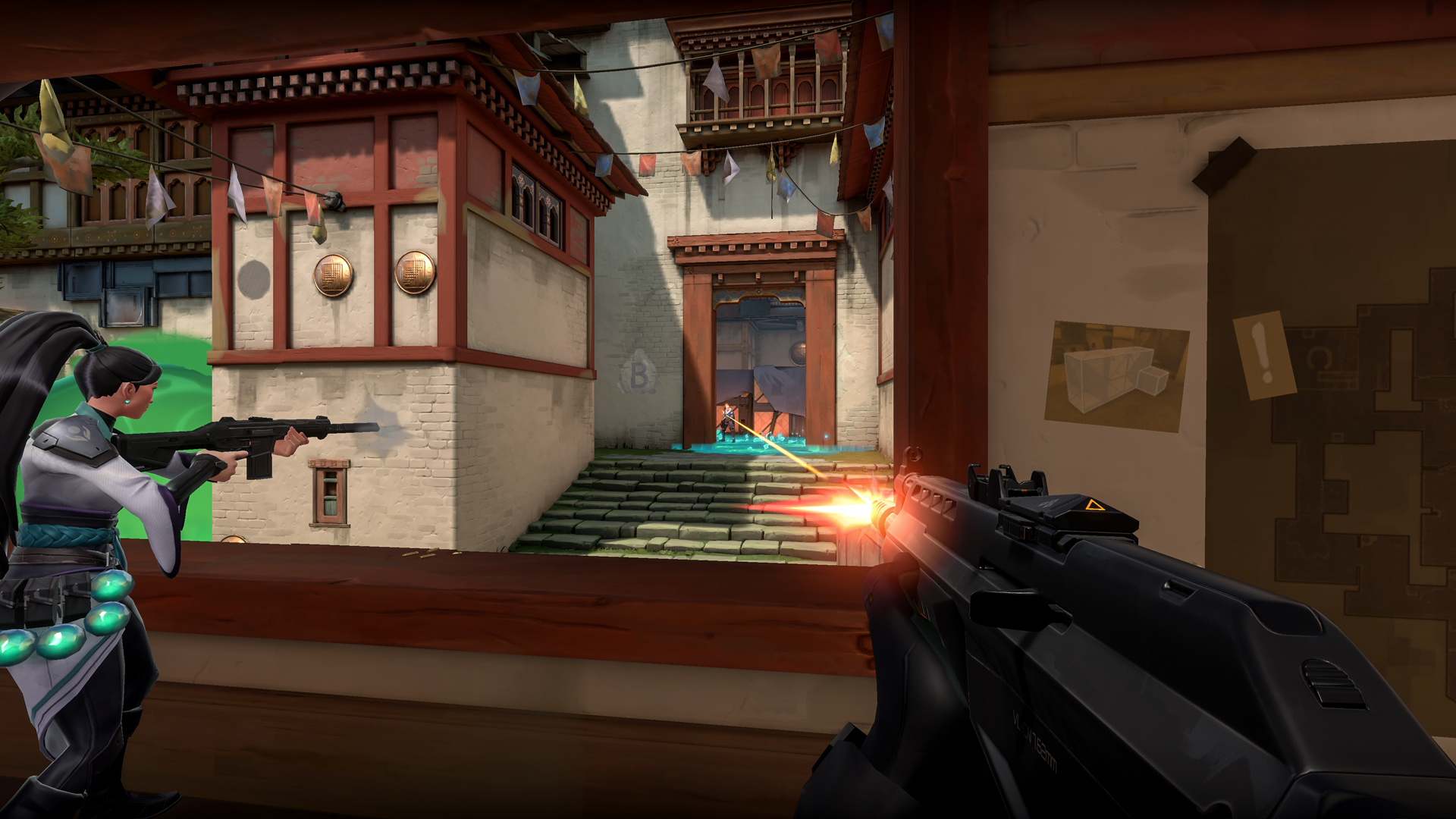
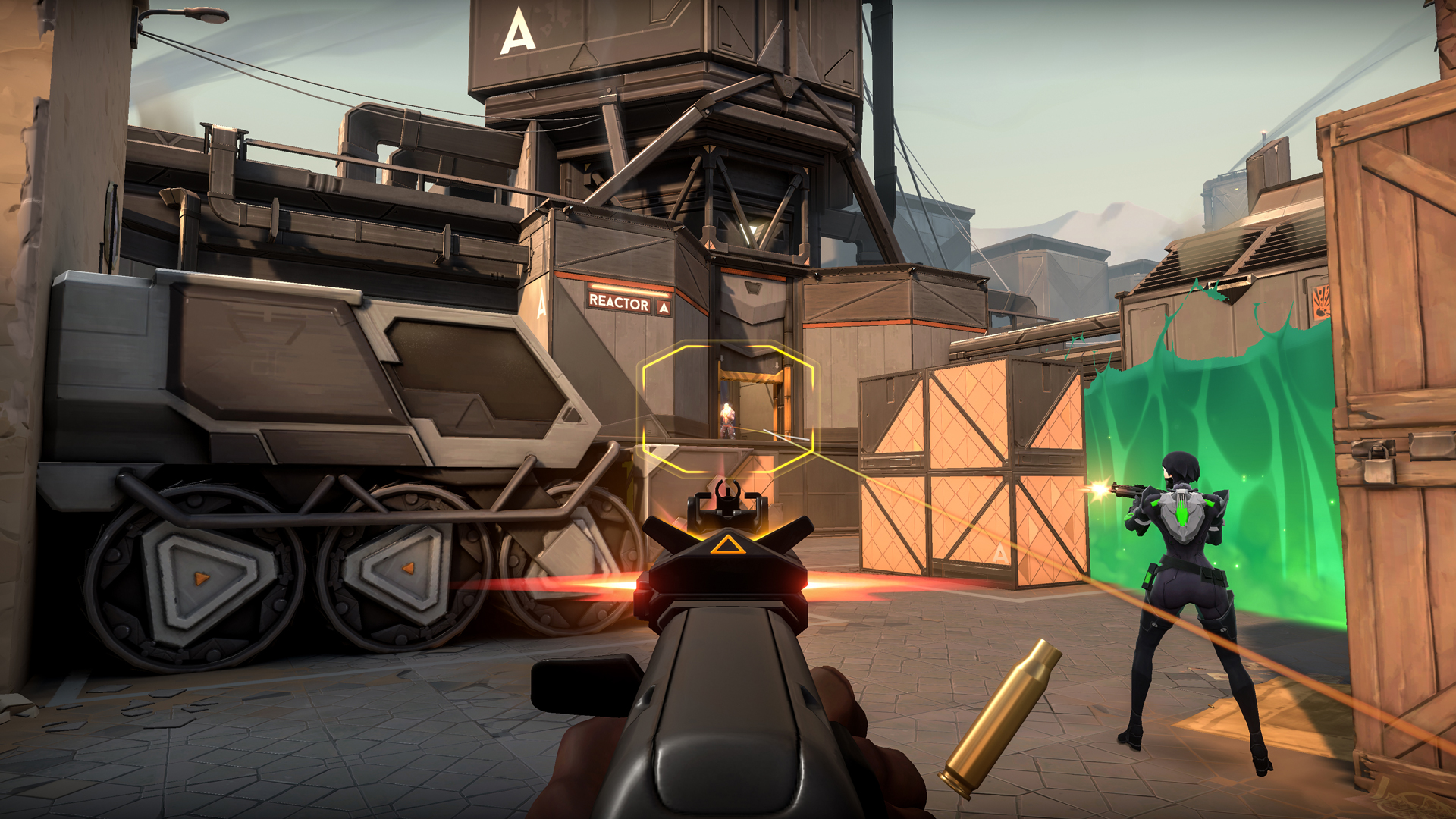
"It's easy to overstate Blizzard's importance in its creation while underselling Valve's"
Weapons in Valorant are crisp and precise. That's a key part of the low time-to-kill, but also linked to Riot's varied attempts to ensure their tactical shooter is as fair as possible. A lot of work has gone into ensuring that there's no peeker's advantage, no pristine headshots that the server mysteriously forgets to register, and definitely no cheating. It's certainly a noble cause, but the result of this focus on precision is weapons that don't feel particularly exciting to wield – the crack of a sniper, the erratic chatter of a rifle, and the boom of a shotgun seem somewhat muted in comparison to their counterparts in other genre games, an unfortunate casualty of Riot's desire to make sure its new games fix the problems their developers have identified in their respective genres, rather than just being entertaining for the sake of it.
When it comes to the Agents, Riot does manage to make up some of its lost ground. Valorant's impressively diverse roster doesn't quite live up to Blizzard's efforts in terms of either sheer numbers of raw personality, but that's to be expected given the nature of a tactical shooter over fandom-driven hero shooters. Much of the chatter occurs at the beginning of rounds, as agents explain the state of the game or hint at their relationships with other characters, but ultimate abilities also grant an opportunity for a touch of bravado. With so much going on, even the most tactically-inept teams are likely to find themselves drowning out their chosen characters, but the agents complement Riot's emerging new world well.
It's easy to look at Valorant from afar and label it a cross between Counter-Strike and Overwatch, and while that's not necessarily wrong, it's easy to overstate Blizzard's importance in its creation while underselling Valve's. This is a game where preparation and game knowledge come first, punting accuracy and character expertise firmly into second place. The result is a fast-paced, achingly tense shooter with an ocean of tactical depth, with a splash of colour and character that helps make sure that Valorant is neither a new take on the tactical shooter or the hero shooter, but a hybrid that could serve to elevate both genres.
Weekly digests, tales from the communities you love, and more
Eager to give Riot Games' latest a try for yourself? Here's how you can sign up for Valorant beta before it begins on April 7.

I'm GamesRadar's Managing Editor for news, shaping the news strategy across the team. I started my journalistic career while getting my degree in English Literature at the University of Warwick, where I also worked as Games Editor on the student newspaper, The Boar. Since then, I've run the news sections at PCGamesN and Kotaku UK, and also regularly contributed to PC Gamer. As you might be able to tell, PC is my platform of choice, so you can regularly find me playing League of Legends or Steam's latest indie hit.


